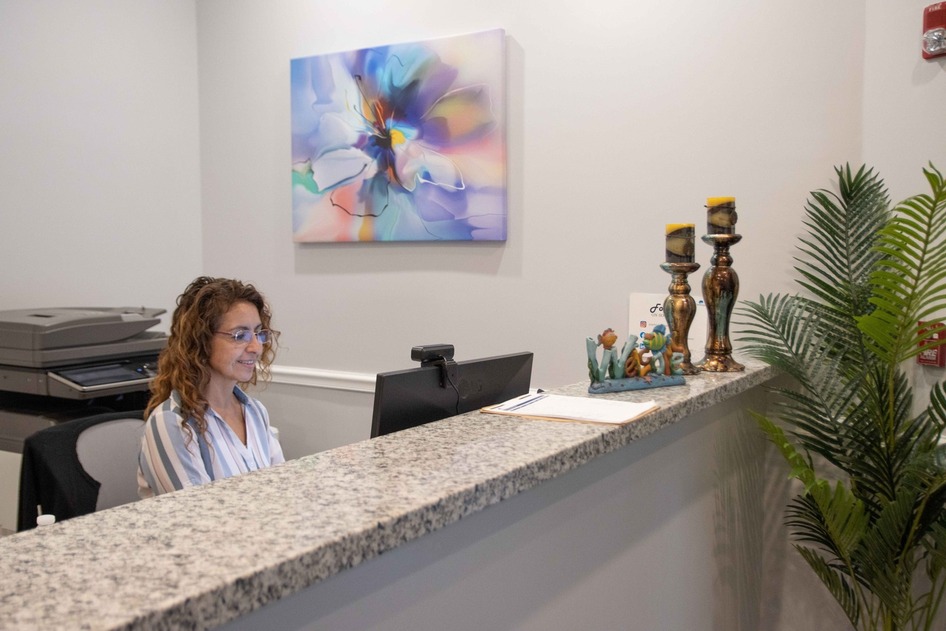What Is Outpatient Treatment for Bipolar Disorder?
Outpatient treatment for bipolar disorder provides structured therapy and support while allowing you to live at home and maintain daily responsibilities. Unlike inpatient programs, you don’t stay overnight at a facility. Instead, you attend scheduled therapy sessions, which may include counseling, group therapy, and medication management, to stabilize your mood and manage symptoms.
Outpatient treatment for bipolar illness offers flexibility, making it easier to balance work, school, or family commitments. You may participate in structured care like Intensive Outpatient Programs (IOPs) or general outpatient services, depending on the severity of your condition. This approach allows you to build coping skills, monitor progress, and receive ongoing care while maintaining your routine. It’s an effective option for managing bipolar disorder long-term.
Visiting Fort Lauderdale — What Should I See?
Visiting Fort Lauderdale — What Should I See?
When visiting Fort Lauderdale, you’ll find plenty of exciting places to explore. Start with a stroll along Las Olas Boulevard, where you can enjoy boutique shopping, restaurants, and art galleries. For a relaxing day, head to Fort Lauderdale Beach to sunbathe or enjoy water activities along the coast.
If you’re interested in nature, the Hugh Taylor Birch State Park offers scenic trails and opportunities for kayaking. The Bonnet House Museum & Gardens provides a mix of history, art, and beautiful gardens. For a unique experience, take a boat tour of the city’s canals, responsible for granting Fort Lauderdale its moniker: Venice of America. Fort Lauderdale’s blend of culture, nature, and waterfront fun makes it a great destination.
Is Bipolar Disorder Considered a Mental Health Illness in the Sunshine State?
Yes, bipolar disorder is considered a mental health illness in Florida, also known as the Sunshine State. It’s recognized as a serious condition that affects your mood, energy, and ability to function. Florida’s mental health system classifies bipolar disorder alongside other mental illnesses, like depression and schizophrenia, as a mental illness, ensuring you have access to the necessary treatment options.
You can seek professional care for your bipolar psychiatric condition through various programs, including outpatient, inpatient, and partial hospitalization services. Health insurance providers in Florida typically cover treatments for bipolar disorder, and facilities like The Sylvia Brafman Mental Health Center offer specialized care to help you manage your symptoms. Getting the right treatment is key to living well with a bipolar mental health condition.
Does Commercial Health Insurance Cover Bipolar Therapy in Florida?
Yes, commercial health plans typically provide bipolar insurance coverage in Florida. Most plans include mental health benefits, ensuring you have access to essential care such as therapy, medication management, and hospitalization if needed. You’ll want to check with your insurance provider to understand what specific treatments are covered, such as Partial Hospitalization Programs (PHP) or Intensive Outpatient Programs (IOP).
At The Sylvia Brafman Mental Health Center, we work with many commercial insurance providers to ensure you receive comprehensive treatment for your bipolar spectrum condition. Contact us to learn more about the cost of bipolar mental health care with insurance. This step helps ensure that you receive the treatment you need with minimal financial stress.













